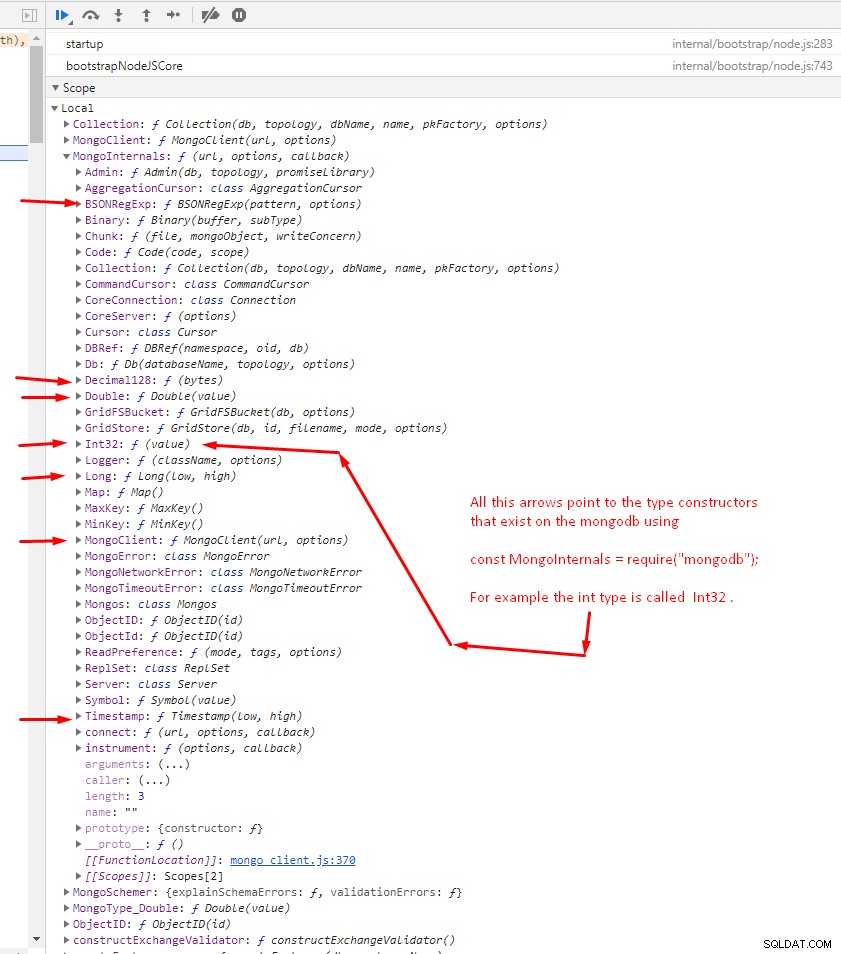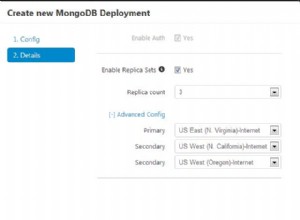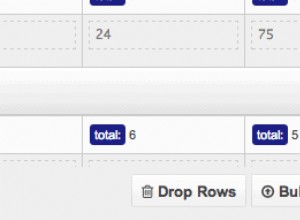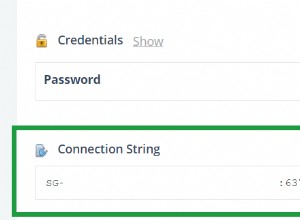Znaleziono 2 rozwiązania:
1. Nieco przewodowe podejście - ponieważ skończyłem z mixed types w mojej kolumnie. Ogólnie rzecz biorąc, możesz nie chcieć mieszanych typów, ponieważ zwiększa to złożoność - i nie ma dobrego powodu, aby w moim przypadku były uważane za mieszane.
Zasadniczo zamiast pojedynczego typu , możesz użyć listy typów jak tak:
bsonType: "double" vs bsonType: [ "double", "int" ] .
Ta funkcja jest udokumentowana tutaj:$types .
myValidatorIs =
{ validator:
{ $jsonSchema :
{ bsonType: "object"
, required: [ "price" ]
, properties:
{ price:
{ bsonType: [ "double", "int" ] // add "int" in this array here
, description: "must be a double/float and is required"
}
}
}
}
, validationAction: "error"
, validationLevel: "strict"
};
2. Zalecane podejście , znalazłem to z pomocą @lvrf
const MongoType_Double = require('mongodb').Double;
myValidatorIs =
{ validator:
{ $jsonSchema :
{ bsonType: "object"
, required: [ "price" ]
, properties:
{ price:
{ bsonType: "double" // leave this as double
, description: "must be a double/float and is required"
}
}
}
}
, validationAction: "error"
, validationLevel: "strict"
};
// then use the MongoType_Double constructor like so:
db.collection("collection").insertOne({ price : MongoType_Double(4.0) }); // no errors..
Powinno to również działać dla wszystkich innych typów, takich jak timestamp i takie:





